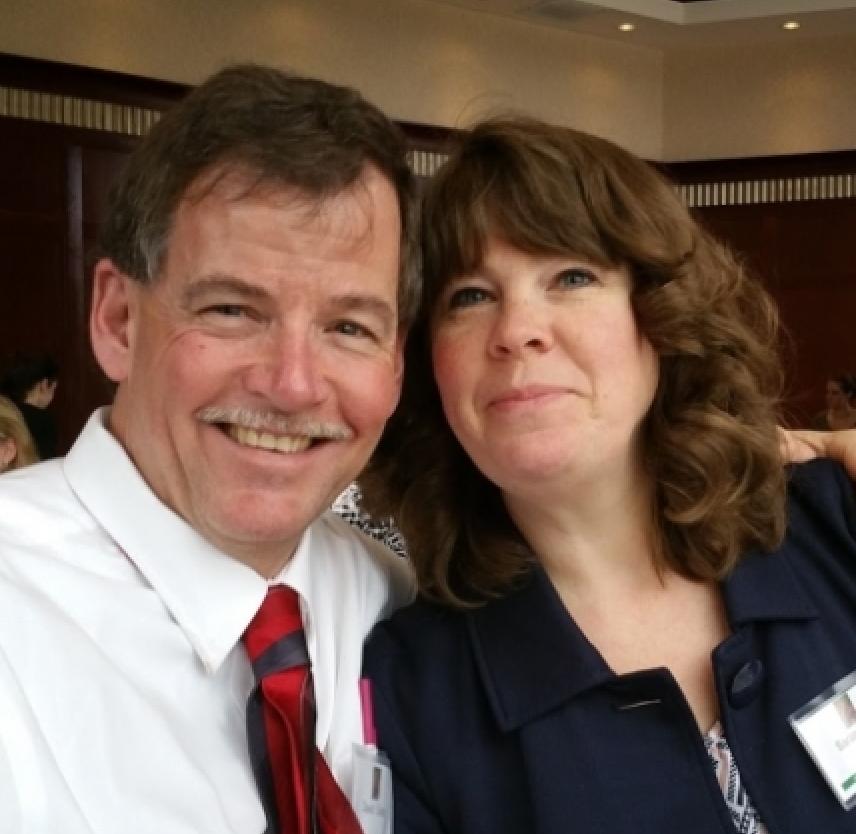
My relationship with clinical depression goes back almost three decades. As I started to see through the TBI fog during my abysmally tough first year and read that TBI and depression are often two links in the new chain that my life was becoming, my first reaction was one of overwhelming fear.
I coexisted with depression for so many years. I’m not talking about the type of low-grade depression that feels like sadness on steroids. Not even close. The depression I lived with was debilitating, profoundly sad on the good days and suicidal on the dark days.
Some things you never forget. The day I crafted a noose out of a length of good, solid rope and tightened that noose around my own neck was hardly the best day of my life. I was only twenty-nine at the time, had two young sons, and owned a home with a well-kept lawn. But I was dying a slow and painful death from the inside out. I wanted off this planet. As there were no available rockets at the time, suicide seemed only logical.
A short ten years earlier, at the young age of nineteen, I was in that same black abyss. I took enough street drugs to kill a horse, but somehow I survived.
Seasonal depression? I could write a book about that. Every year, when the days began their inevitable march toward the winter solstice, the hope would bleed from my days. Easy tasks become unfathomable. I was diminished every winter, only to emerge from “it” every spring – sometimes in March, other years not until June.
The very thought of winter coming made me cringe.
Always being a solutions kind of guy, I did all I could to survive. Thriving was never an option, but mere survival? Yeah, that would work. There were therapists and more therapists. There was talk therapy, journaling therapy, stints on a wide range of medications. Celexa and Prozac graced the inside of my medicine cabinet for a time.
During one particularly tough time, a midsummer’s depression, Sarah found me in a local park, in the shade of an oak tree, on a blanket, in the fetal position, rocking back and forth, just rocking.
My injury occurred in November of 2010. I have no meaningful memories from the year 2011. That alone is a big-time trip. Hocus-pocus, wave your magic wand and make an entire year disappear. How was brain injury going to change my long-standing relationship with depression?
Let’s fast forward through seven winters as a survivor, shall we?
For reasons that even those intimately familiar with brain injury would be at a loss to explain, my depression virtually disappeared after my injury. My brain injury was at the cellular level. My CAT scan came back clean, and subsequent EEG’s came back normal. I know today that “normal” is nothing more than the setting on a washing machine. There is nothing normal about this post-concussive life.
Was my brain rewired back to a non-depressive state as my axons were sheared? I’ll never know, and frankly, I don’t care. It’s like winning the “Non-Depression Lottery!”
Looking back on those early winters after my injury, my wife and I spoke about this new loss of winter depression. “Maybe you are so focused on getting better, that you don’t have time to be depressed,” she said one day, many winters ago. While that may have been the case then, I’m doing reasonably well living a survivor life these days, focused on family, work, and advocacy.
And still, the depression is completely gone.
Some things you just can’t fake. Either you feel good, or you don’t. Some survivors experience a “flat affect” after brain injury; they lack emotional expressiveness. This has not been my case at all. I am happy when I am supposed to be happy, and sad at the appropriate times. I laugh heartily at a good one-liner and am known to cry during the tear-jerking scenes while watching a movie.
As I write this, it is mid-winter here in New Hampshire. The sun still sets well before 5:00 PM, though we are moving toward longer days. I marvel at the fact that I can actually enjoy winter sunshine, breathe in fresh air on a cold morning, and not feel the crushing weight of depression.
Living with a brain injury brings with it a full plate of challenges, both cognitive and emotional. But it has also brought relief from one of the toughest challenges I’ve ever had. Seen in this light, how can I not be grateful for at least some of what my TBI has removed from my life?

Comments (5)
Please remember, we are not able to give medical or legal advice. If you have medical concerns, please consult your doctor. All posted comments are the views and opinions of the poster only.
Tyler replied on Permalink
It is said God works in mysterious ways. I believe He healed you. Don’t miss the opportunity to use the gift you have been given. I recently met the most beautiful woman who is recovering still, 7 years after frontal lobe surgery. I pray that He intervenes in her life as He has so graciously done so in yours! Thank you for sharing your inspirational story!
Anonymous replied on Permalink
Anonymous replied on Permalink
Anonymous replied on Permalink
Anonymous replied on Permalink